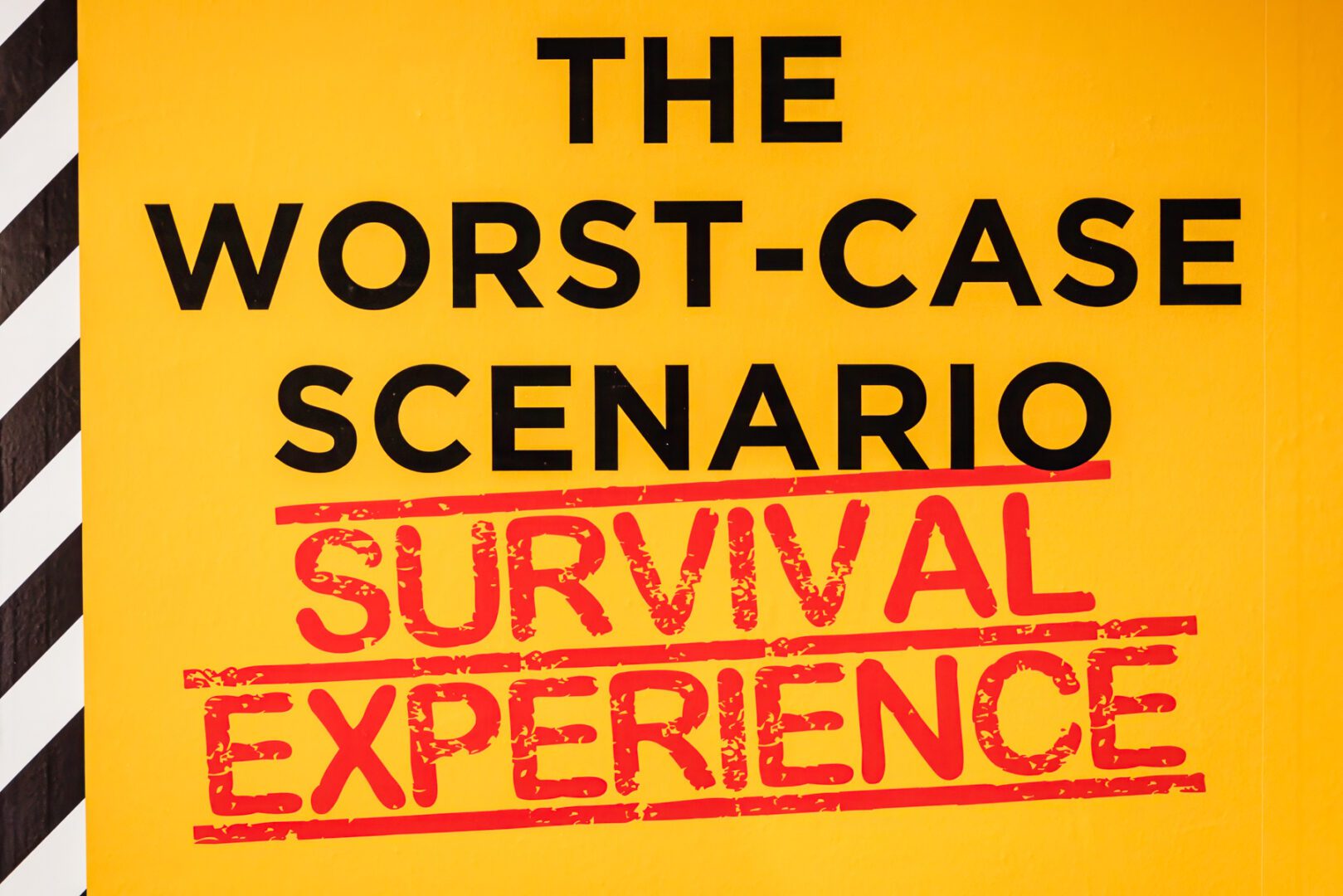
The Worst-Case Scenario SURVIVAL EXPERIENCE at the Fleet Science Center
When I began writing this column over 20 years ago, I soon had to confront my own worst-case scenario. I worried that after I wrote about and photographed the few subjects that I had in mind to share with you, how could I possibly continue? Surely it would only be a matter of time before I ran out of ideas.
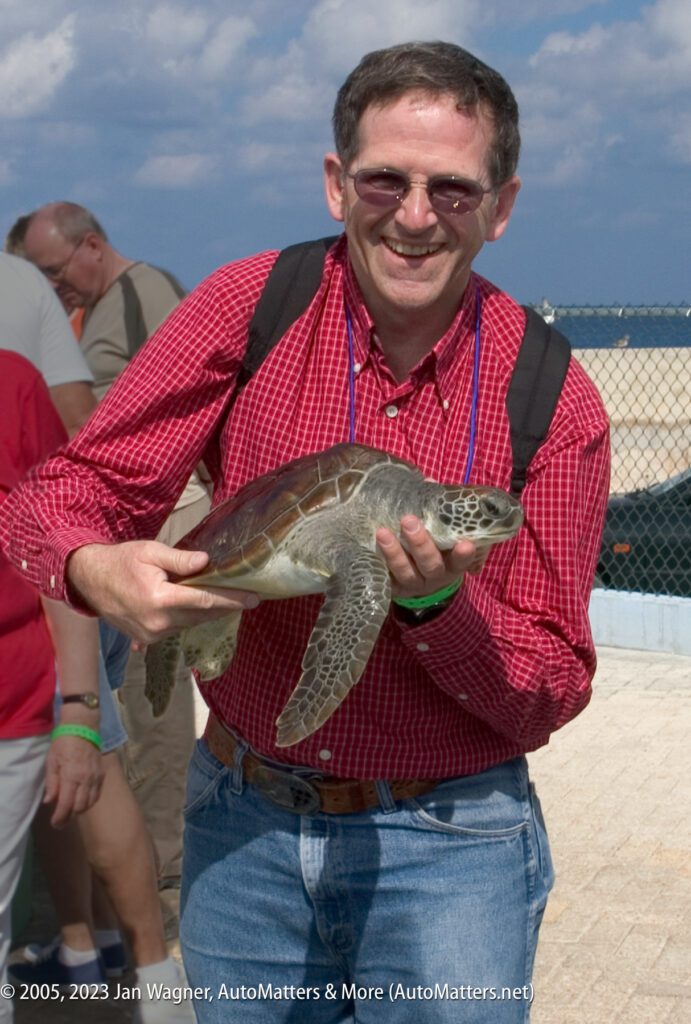
Well, let me tell you, today as I write column number 800, not only have I not run out of ideas for things to cover, but I perpetually have a backlog of things that I have already covered for which there have not been enough weeks to share them with you in this weekly column — at least not right away. That has been my actual worst-case scenario, and it continues to this day.
The obvious solution is for me to get some help covering events, editing photos and especially spreading the word in social media — something that I know very little about doing, nor do I have the time for. If this sounds like something that you could do well, please write to me in the comments section of any of the columns on the AutoMatters.net website. I read all of the comments.
It is especially fitting and appropriate that this milestone column (number 800!!) is about another in the ever-changing, wonderfully entertaining and educational exhibits at the Fleet Science Center, in San Diego’s Balboa Park. I have been covering this museum since early on in the history of this column.


In October of 1999, as Y2K was fast approaching, that event helped inspire the publication of a new book entitled “The Worst-Case Scenario Survival Handbook: Expert Advice for Extreme Situations.” It described scary scenarios and then asked readers ‘what would you do?’
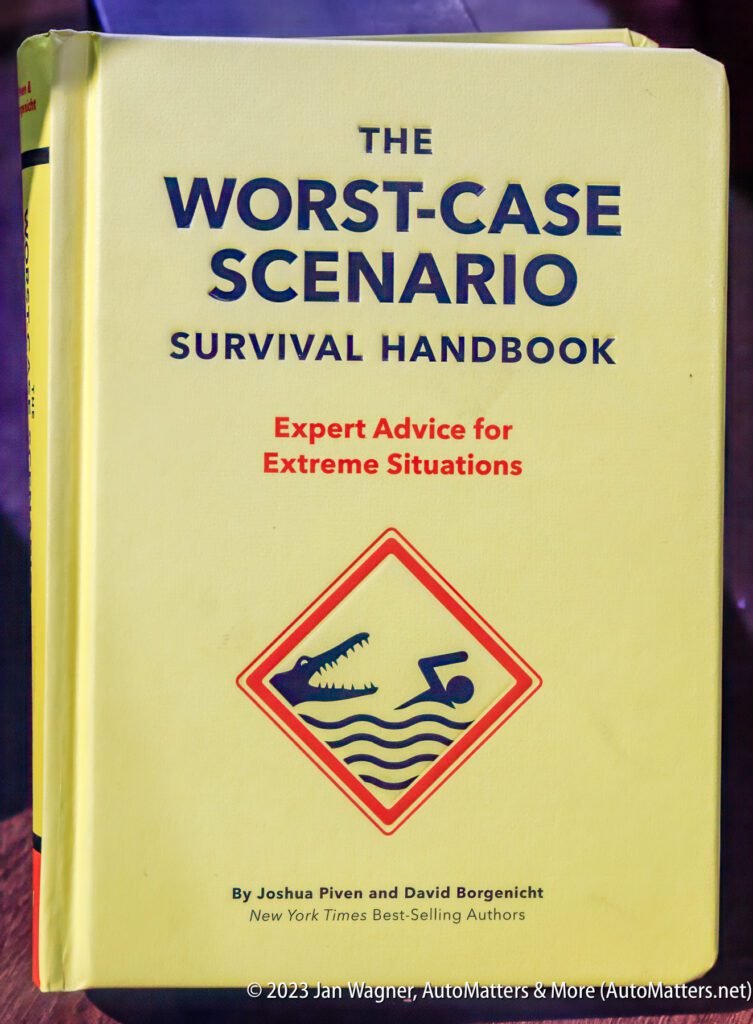
For instance, what would you do if you suddenly came upon a bear in the forest…
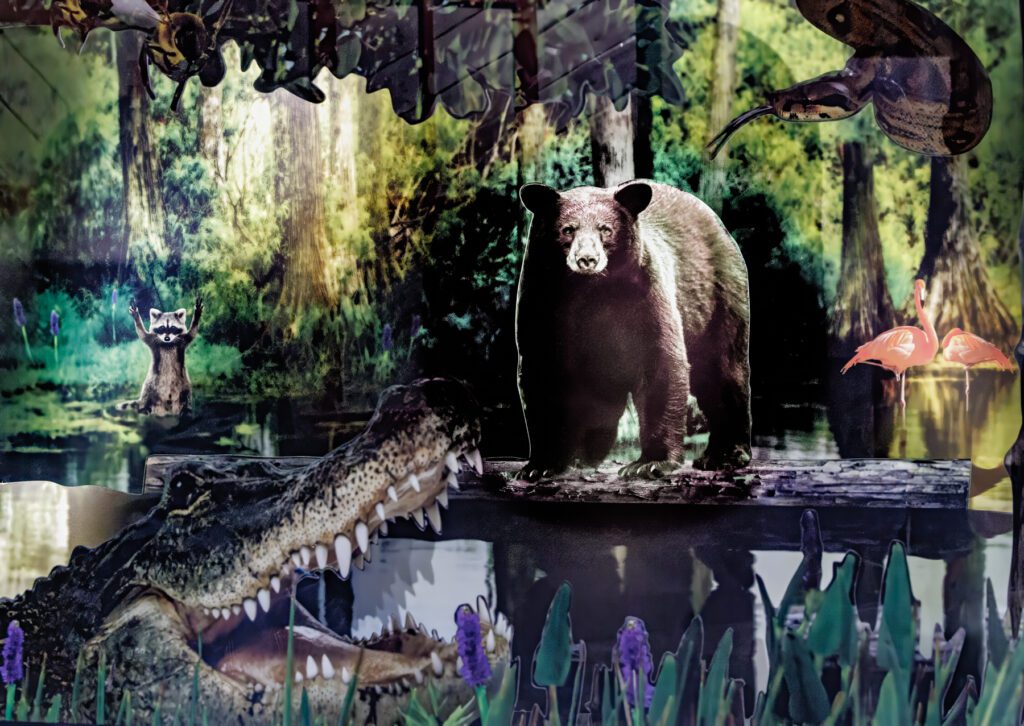
…or inadvertently stepped into quicksand? How might you escape?


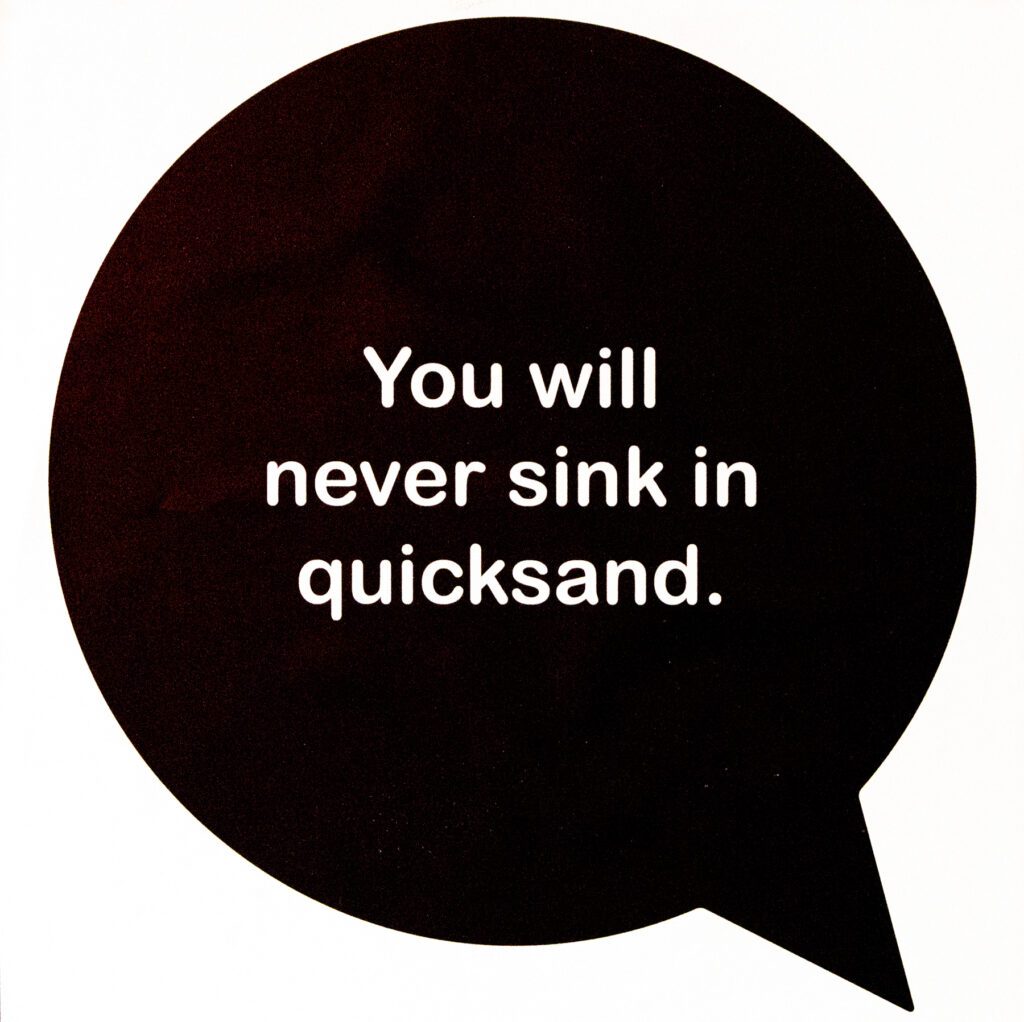
Remember Y2K, when many of us thought that civilization as we knew it would come crashing down, as computers failed because there were not enough digits in their date column — or something to that effect? This handbook, and the new, limited-time, interactive, family-friendly, multi-element exhibit at The Fleet entitled “The Worst-Case Scenario SURVIVAL EXPERIENCE,” will help you prepare for such situations.
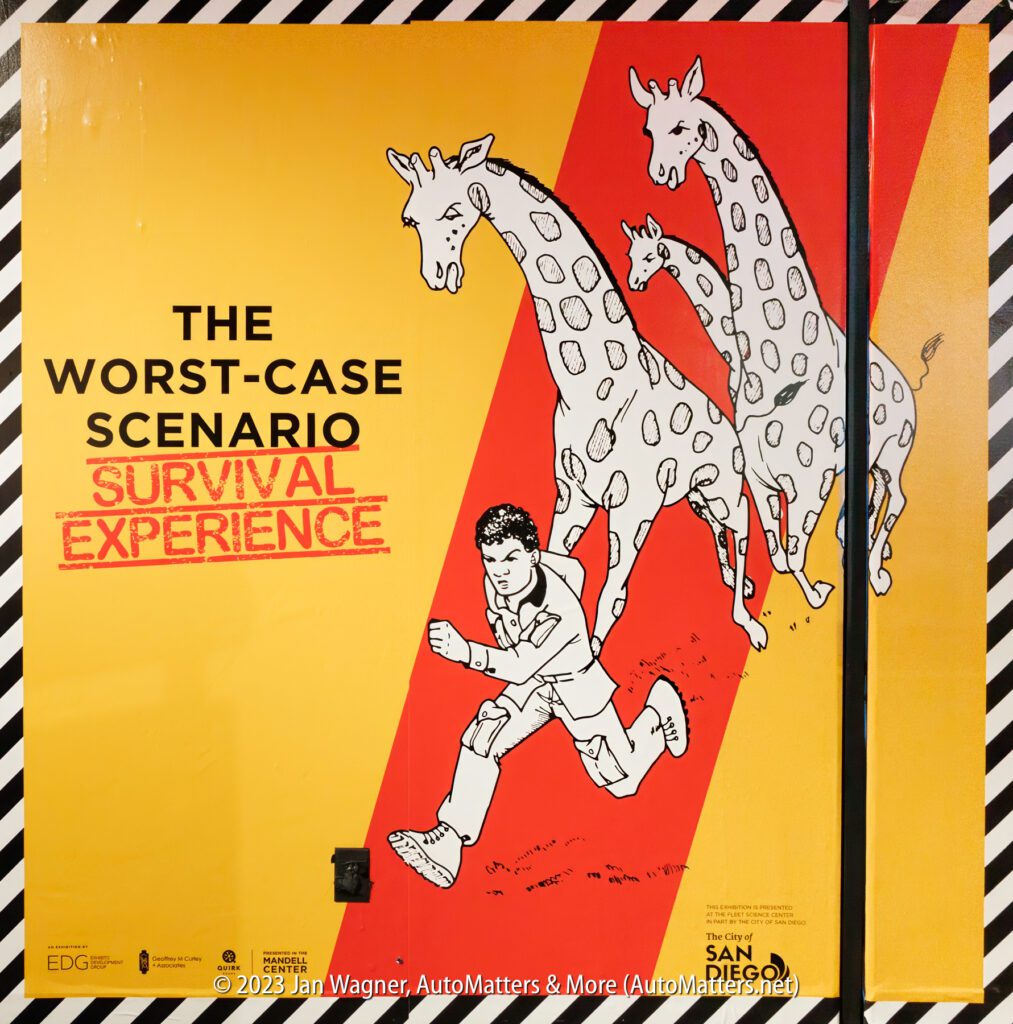
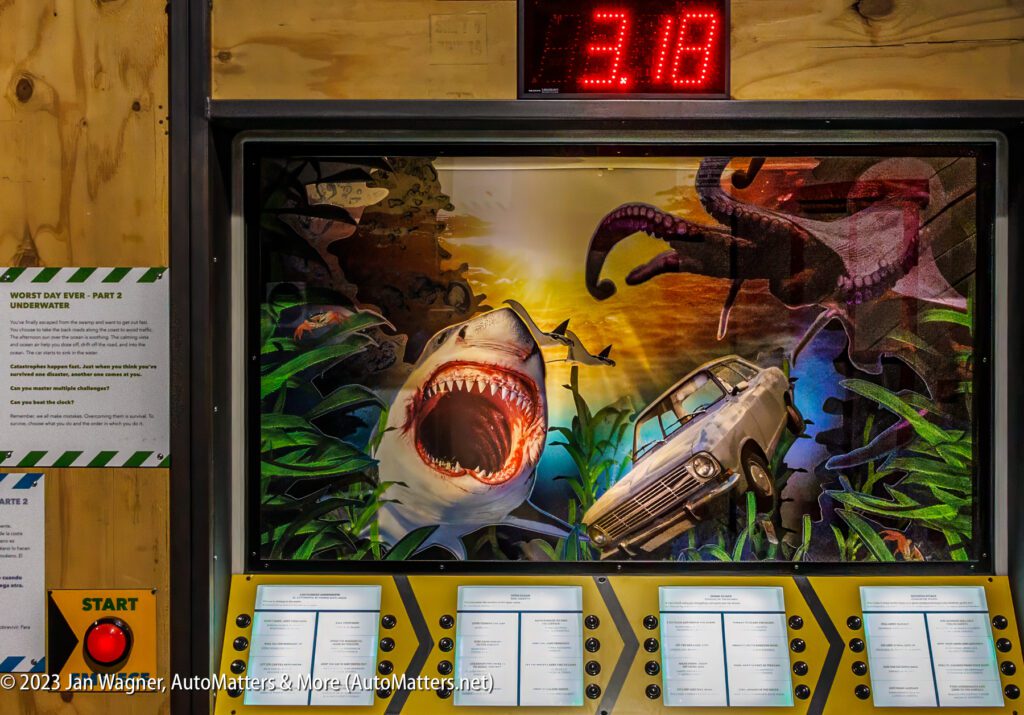
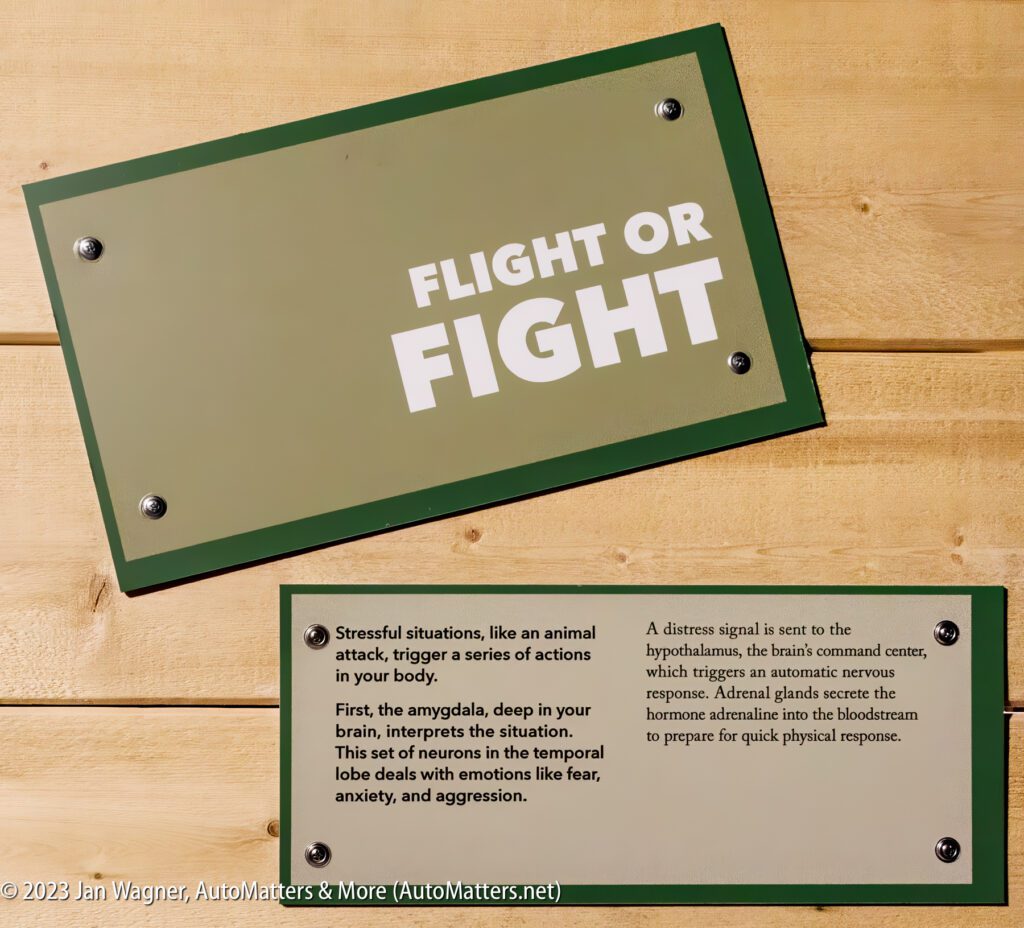
The Merriam-Webster dictionary (see merriam-webster.com) defines worst-case as “involving, projecting, or providing for the worst possible circumstances or outcome of a given situation.” At “The Worst-Case Scenario SURVIVAL EXPERIENCE,” visitors “prepare for a thrilling journey of survival strategies and escape tactics based on the internationally acclaimed Worst-Case Scenario Survival Handbook series. Immerse yourself in heart-pounding challenges and mind-bending puzzles that equip you with essential skills for unexpected real-life scenarios. From staying calm under pressure to thinking logically and being prepared, ignite your creativity and problem-solving abilities to thrive in the worst situations.”
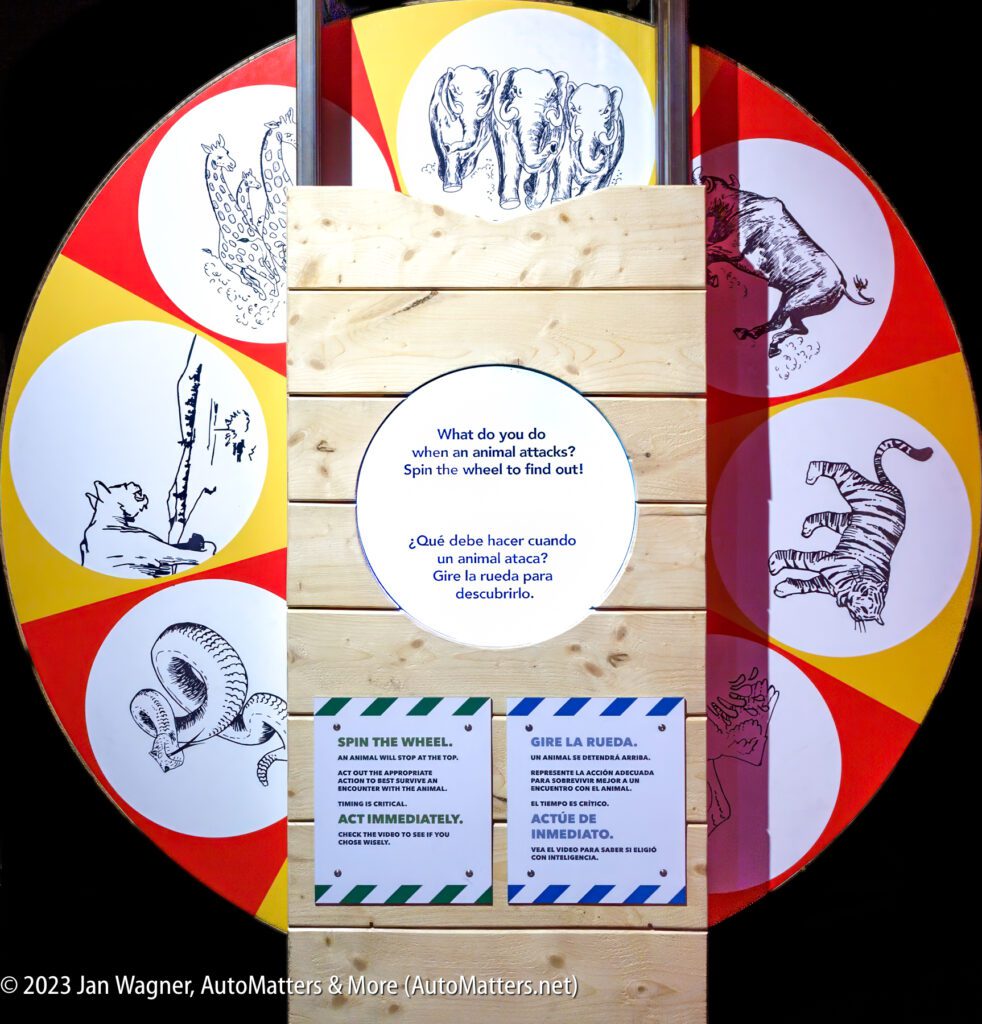
I spoke with Geoffrey Curley, CEO of Geoffrey M. Curley + Associates. His company collaborates in the development of entertaining and educational exhibitions, including this one, as well as the Sherlock Holmes and Myth Busters exhibitions that have also been presented here at The Fleet (see AutoMatters & More numbers 476 and 534).

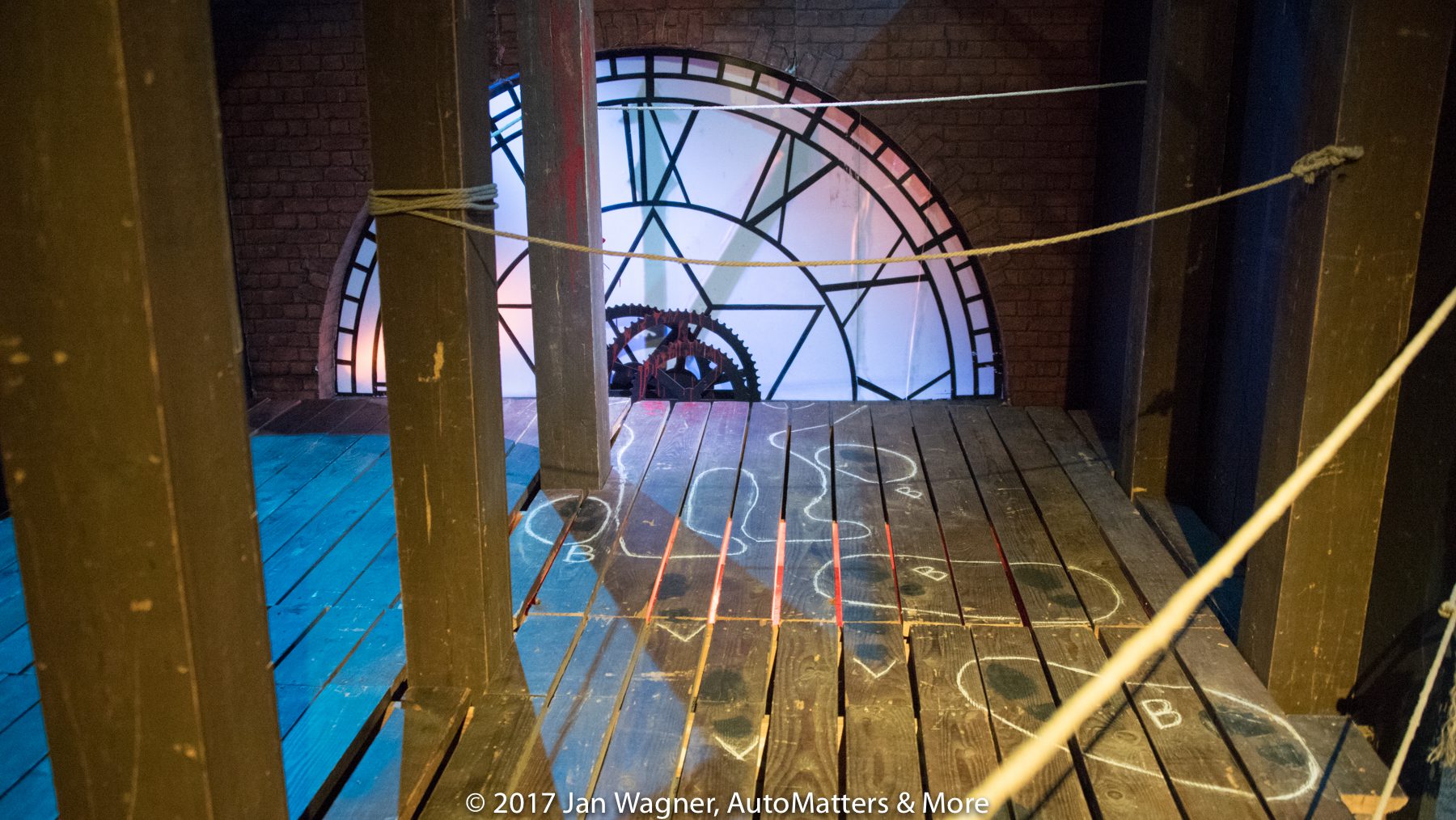

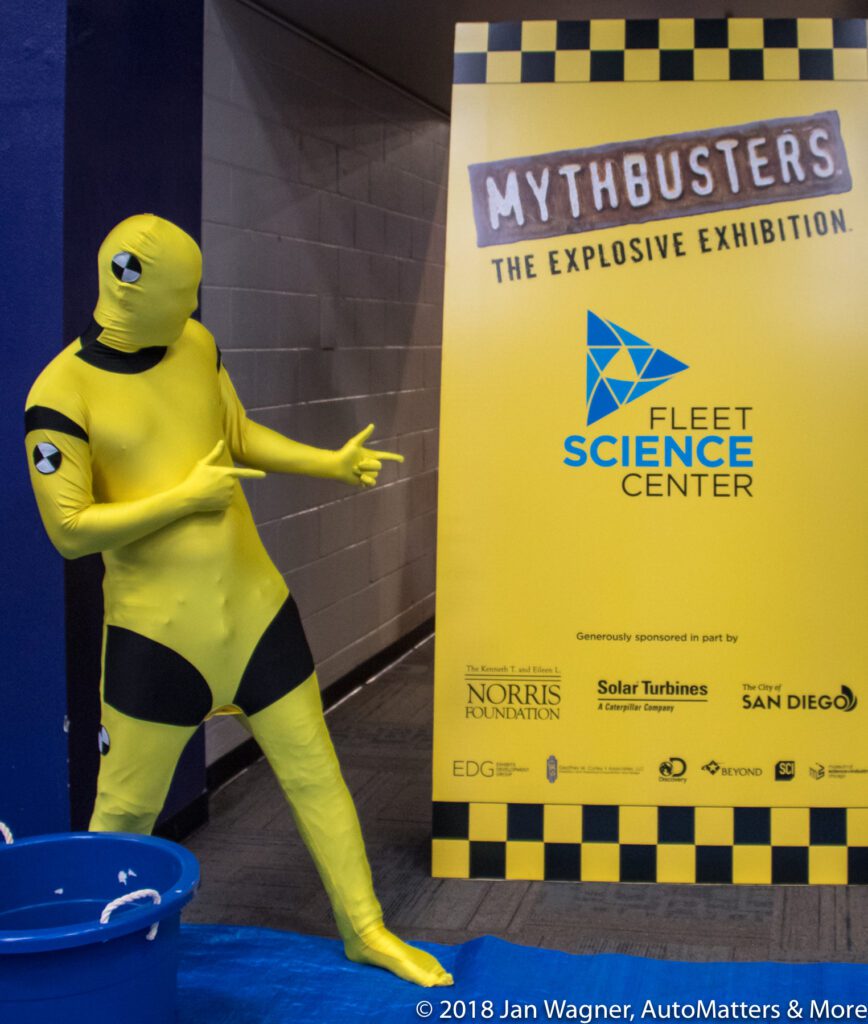

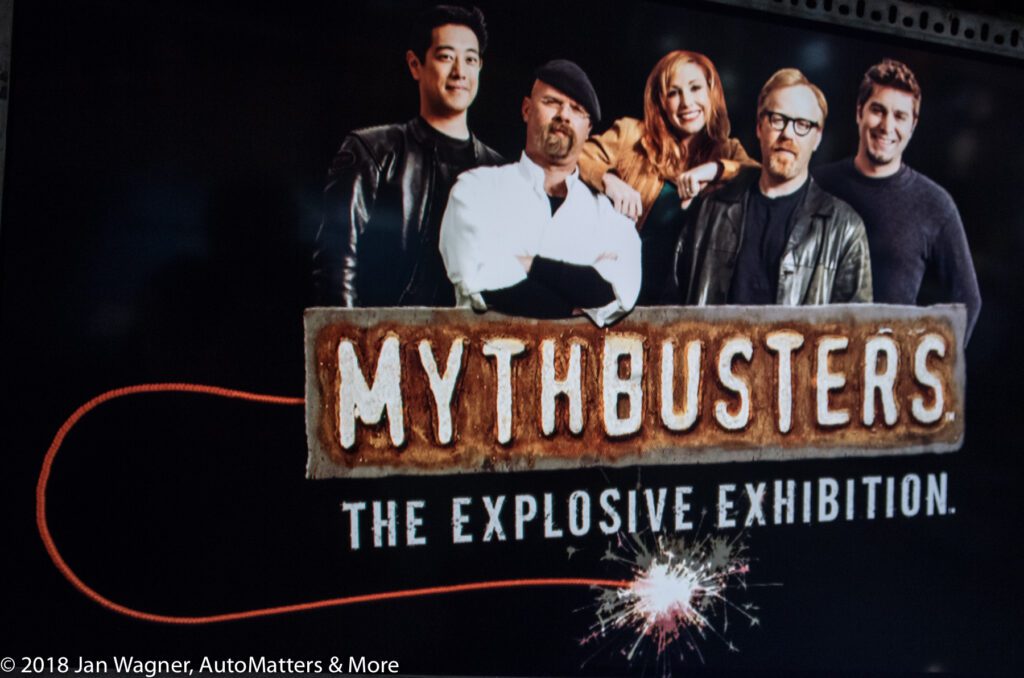
He told me that “obviously we wanted to make it educational, we wanted to make it rich with science — so we looked for what sorts of worst-case scenarios we could present in here. We were studying how could we present it in a way that was impactful and meaningful for people who were here. Even though we would like to say ‘yes, of course you’re going to be in an avalanche and you’re going to have to deal with this,’ most likely most of us won’t, but it doesn’t mean that the process behind how you approach that situation isn’t similar to ‘I have a big meeting and I’m really scared of talking in front of 40 people. How do I deal with that?’ Or, you might be on a highway and there’s an accident. How do you deal with that?” What is YOUR worst-case scenario?
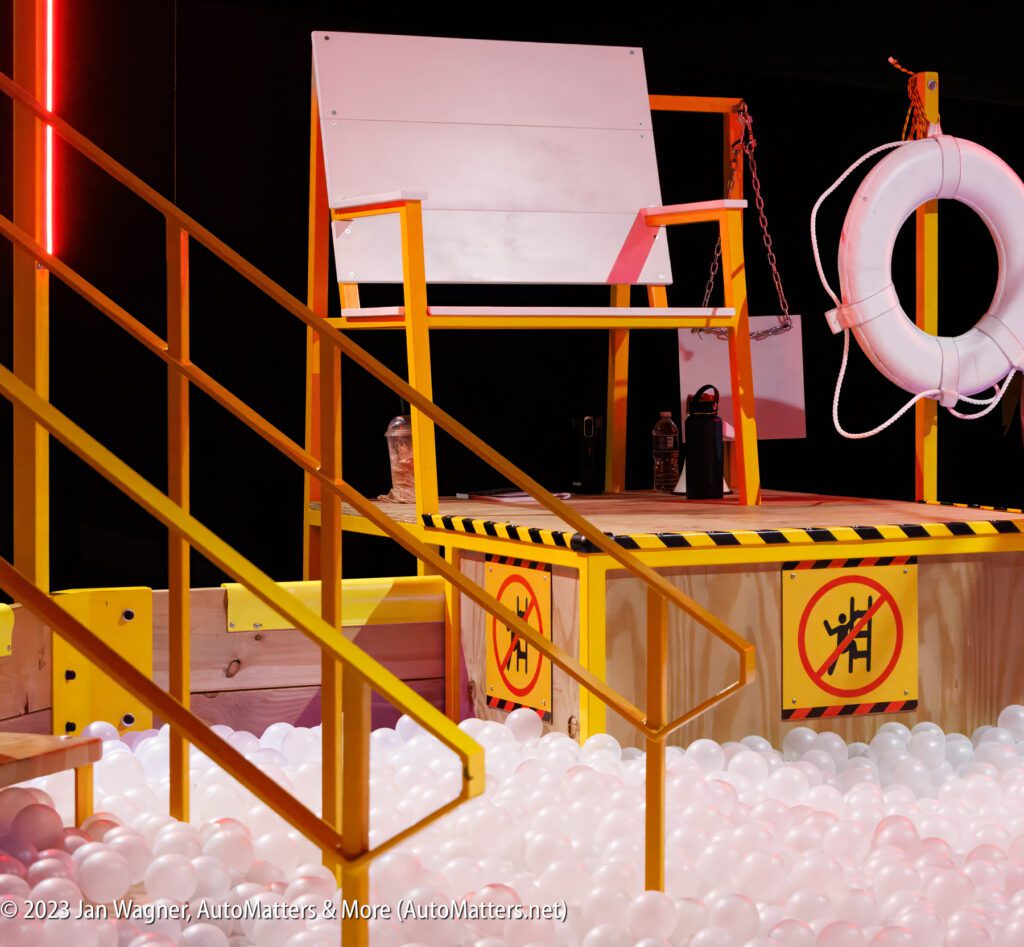


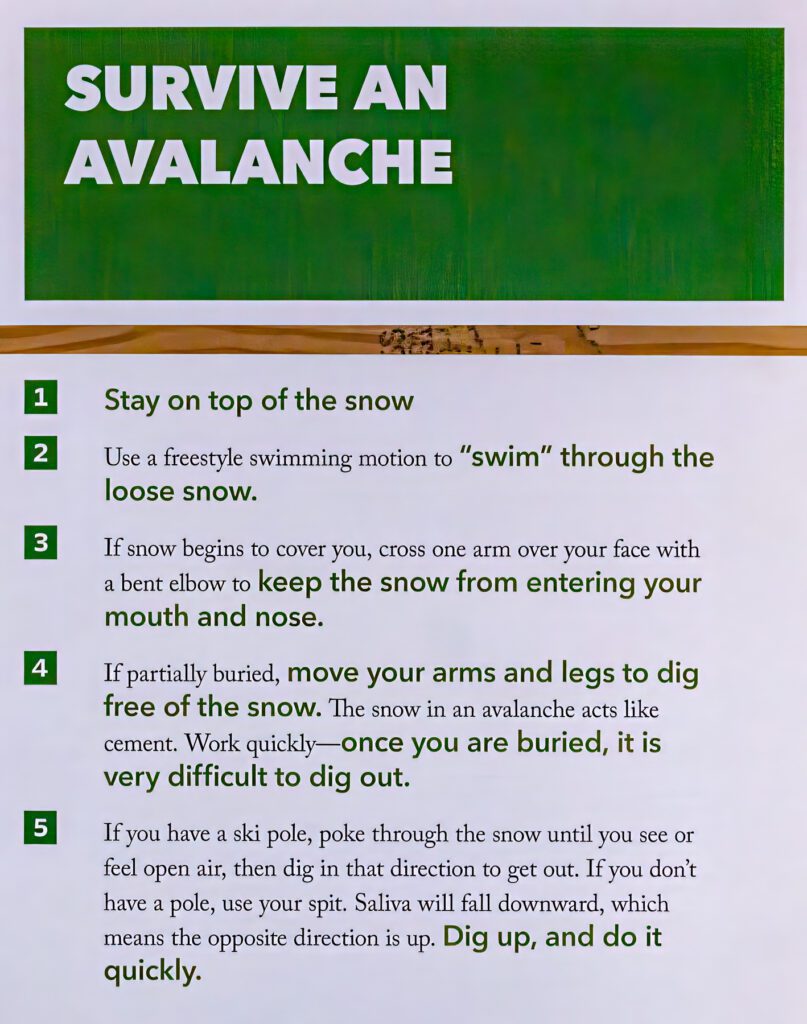




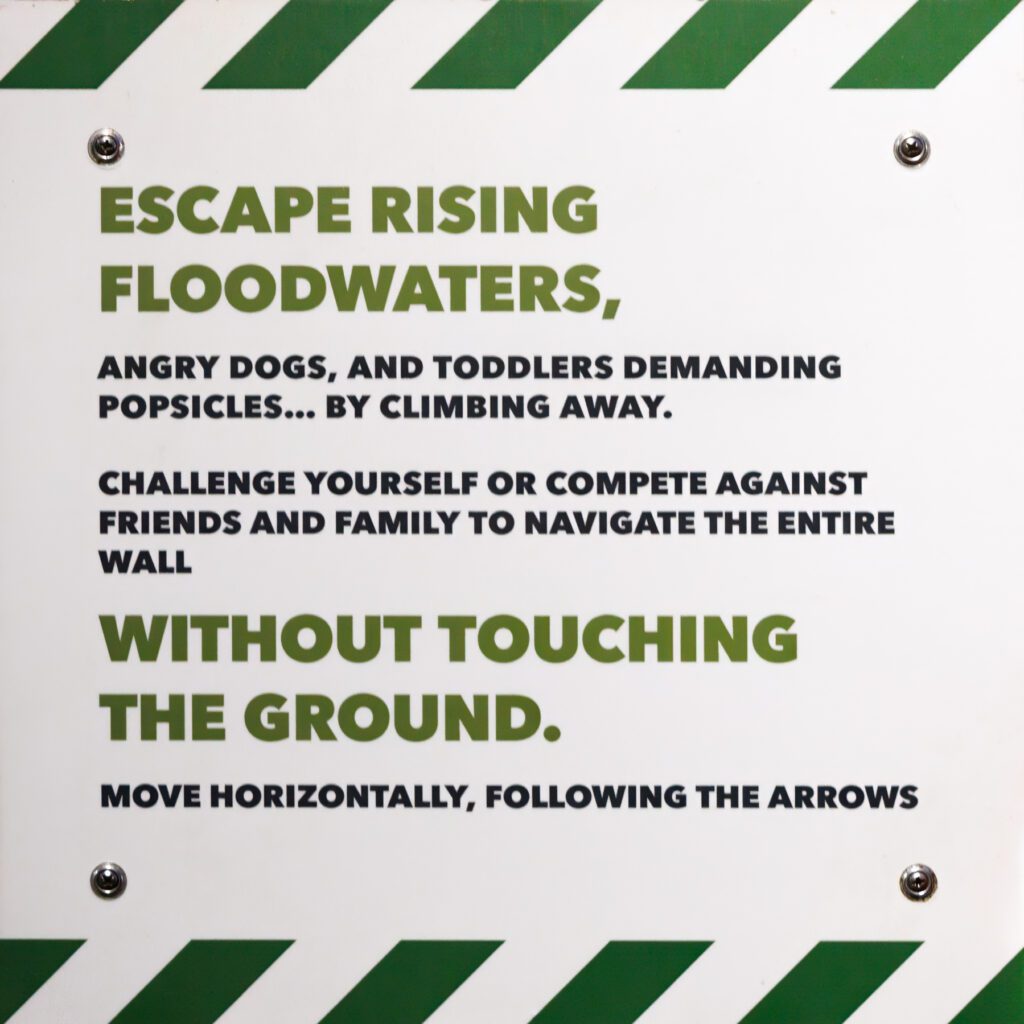


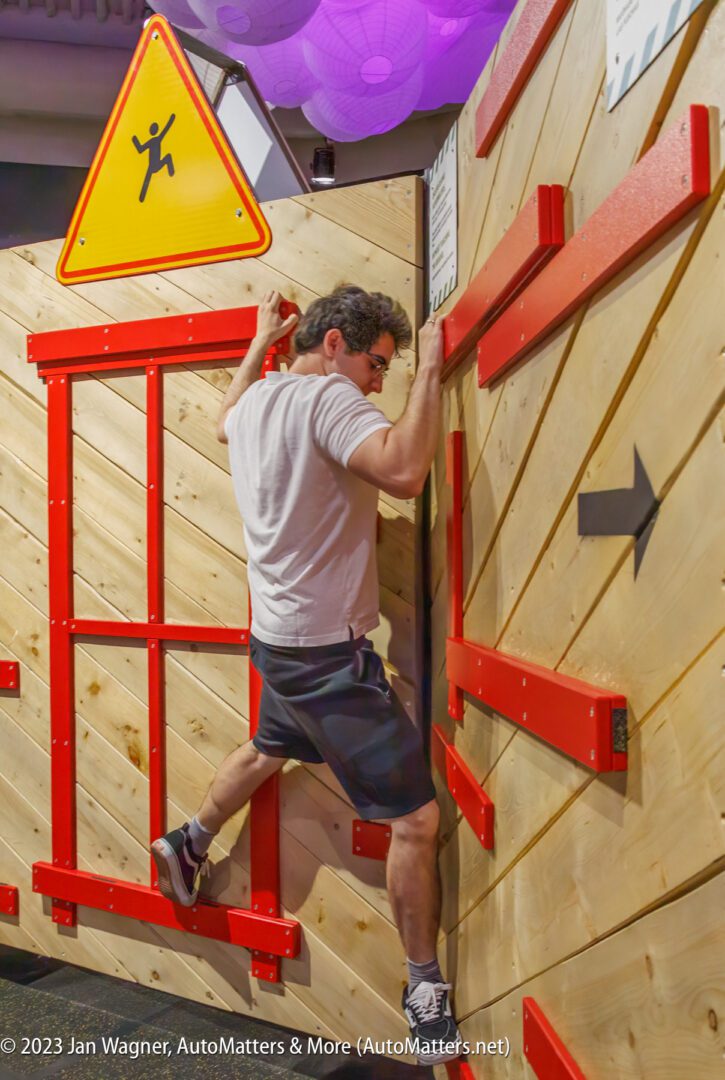
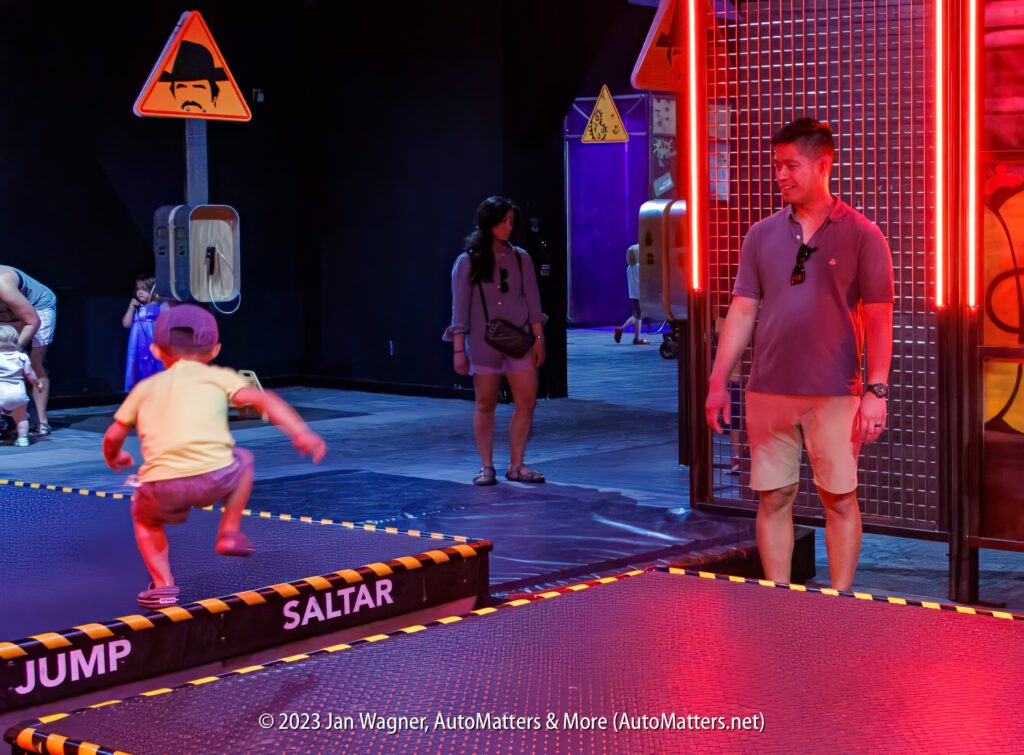


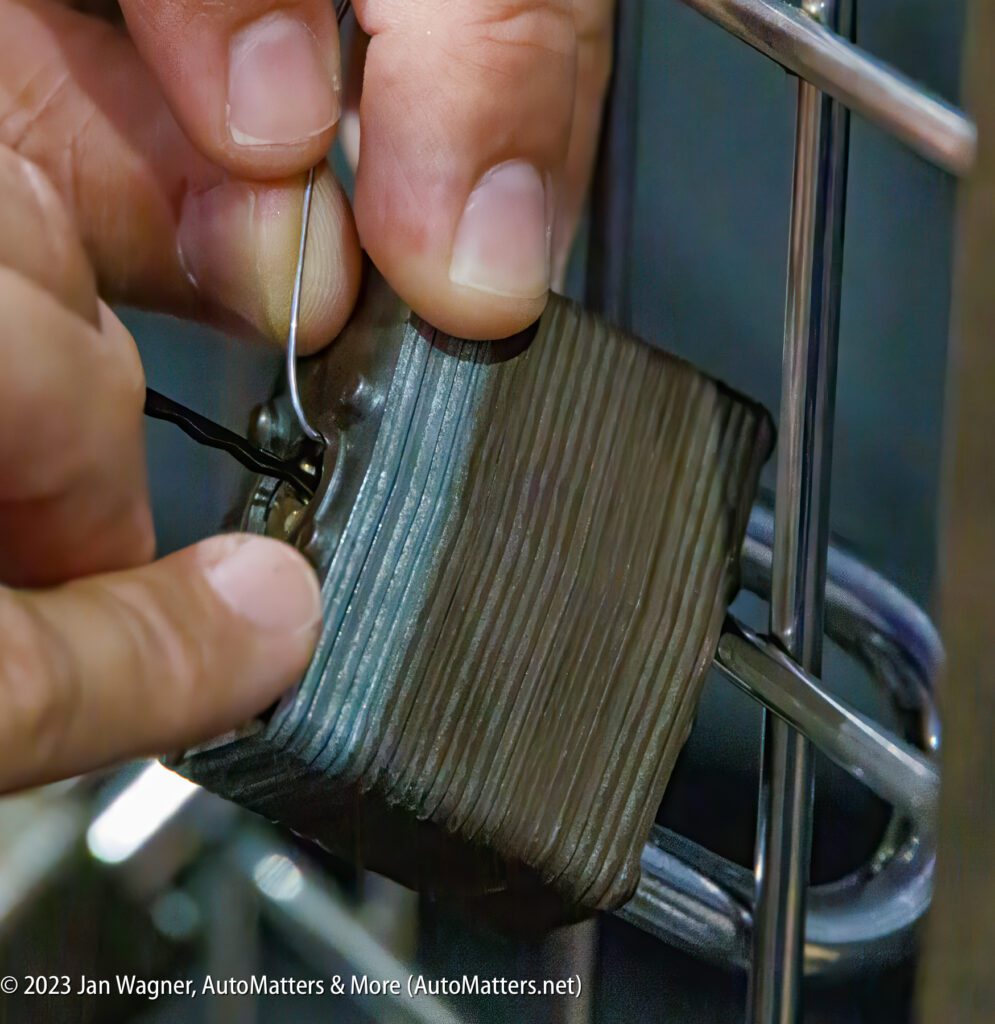


To learn more about “The Worst-Case Scenario SURVIVAL EXPERIENCE” at The Fleet Science Center in Balboa Park, visit: https://www.fleetscience.org/experiences/worst-case-scenario.

To explore a wide variety of content dating back to 2002, with the most photos and the latest text, visit “AutoMatters & More” at https://automatters.net. Search by title or topic in the Search Bar in the middle of the Home Page, or click on the blue ‘years’ boxes and browse.

Jan, congrats on big column 800! What an accomplishment. I can see the value of the Worst Case Scenario displays at the Fleet Center, but I’m not sure I could pass the first test: Don’t Panic. All my Worst Case Scenarios center around claustrophobia, confinement and restraint. I can’t even think about them, let alone experience it.
During my international business career I generally flew business class, and occasionally my company would allow me to be “up front”. I don’t think I could fly economy class in this day and age, with passengers packed in like sardines, and all the bad behavior by those suffering panic attacks.
Was there a display on how to deal with flying economy class? David
Thanks, David,
I cannot believe that I’ve written over 800 columns already. That seems impossible, and yet I am still going strong.
Rather than pursue my earlier idea of doing a podcast, this week I hired my web host (GoDaddy) to help me increase my website’s presence on social media. Hopefully I can make that lead to some ad revenue (Google AdSense) and offers of sponsorship. I could accomplish even more if I gain that revenue.
I hear you about your not wanting to fly economy class. I don’t have strong feelings against flying economy class, but I have not flown anywhere since before COVID-19, and still do not have any great desire to do so.
My uneasiness is about being in even more tightly-confined spaces, including caves and tunnels.
Jan